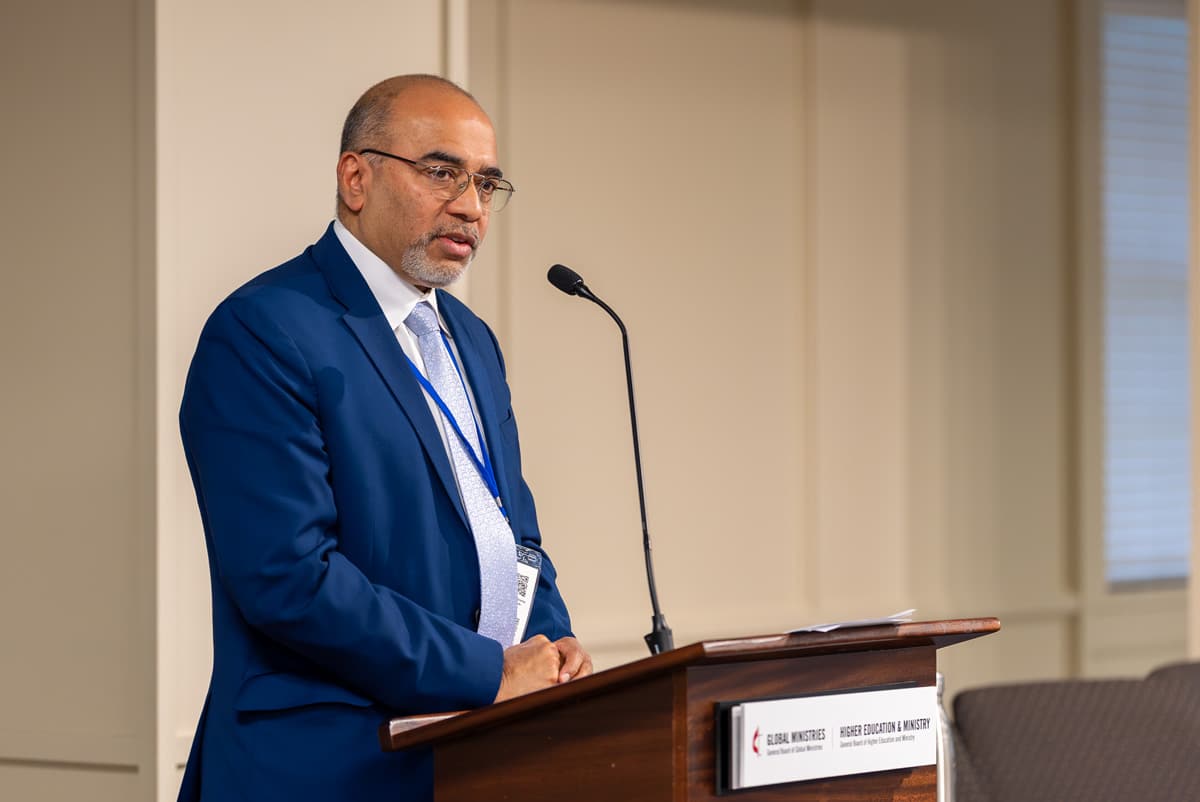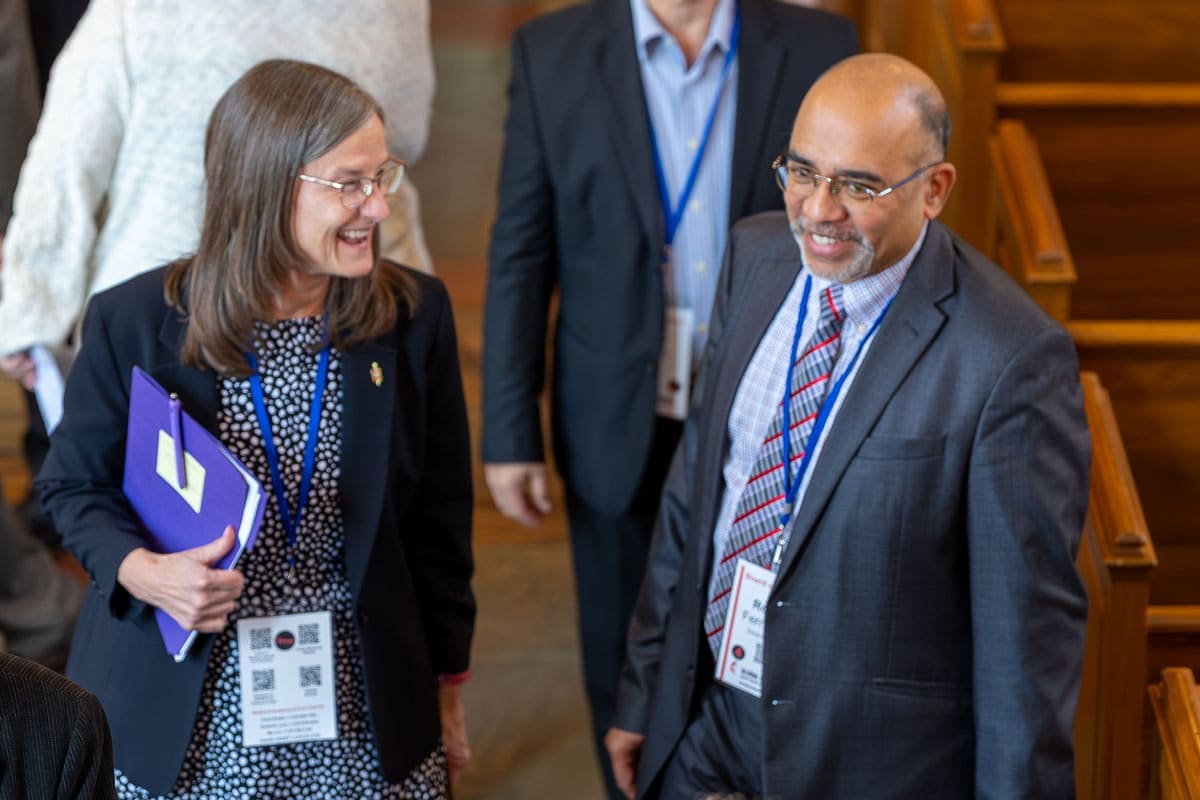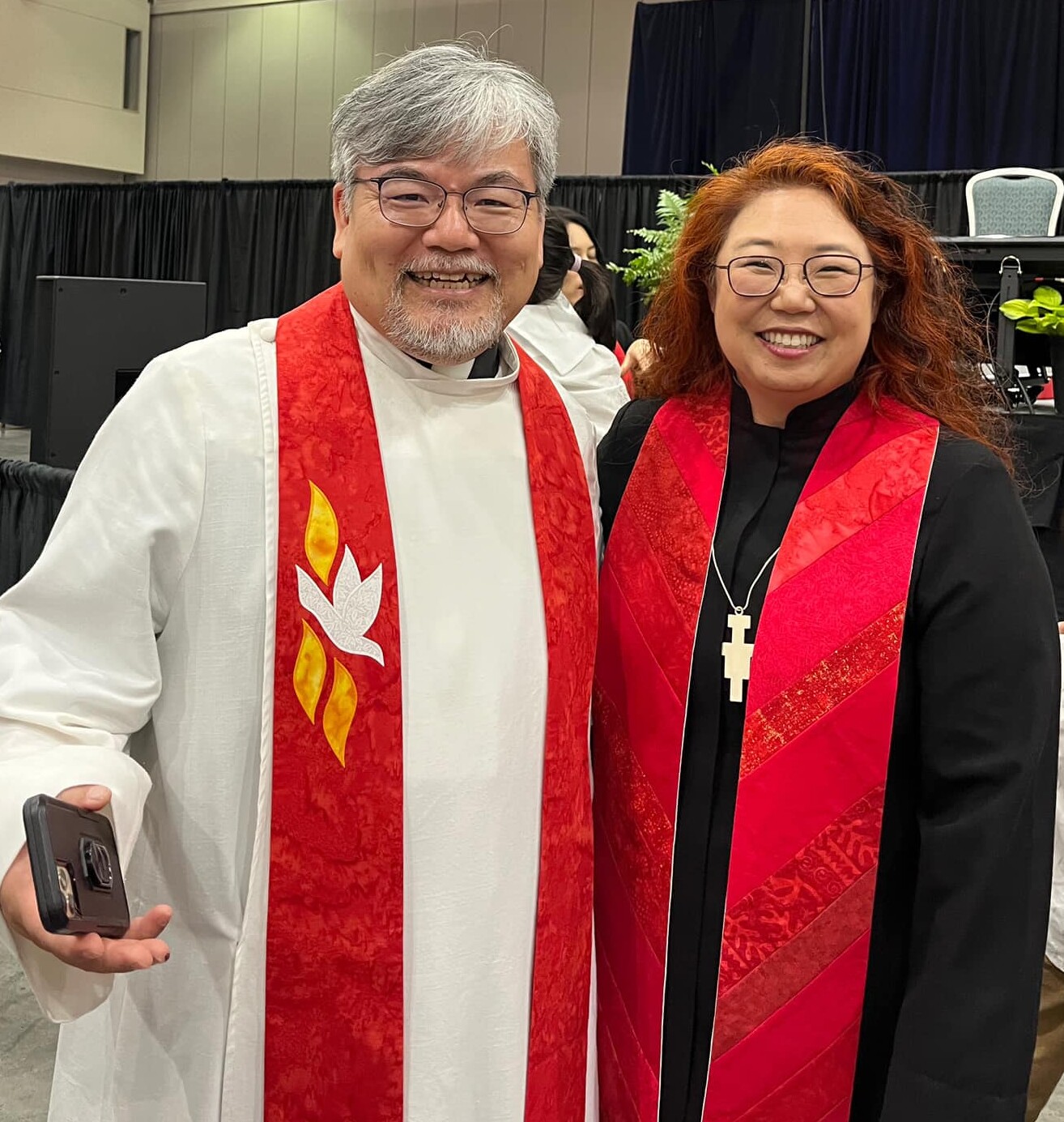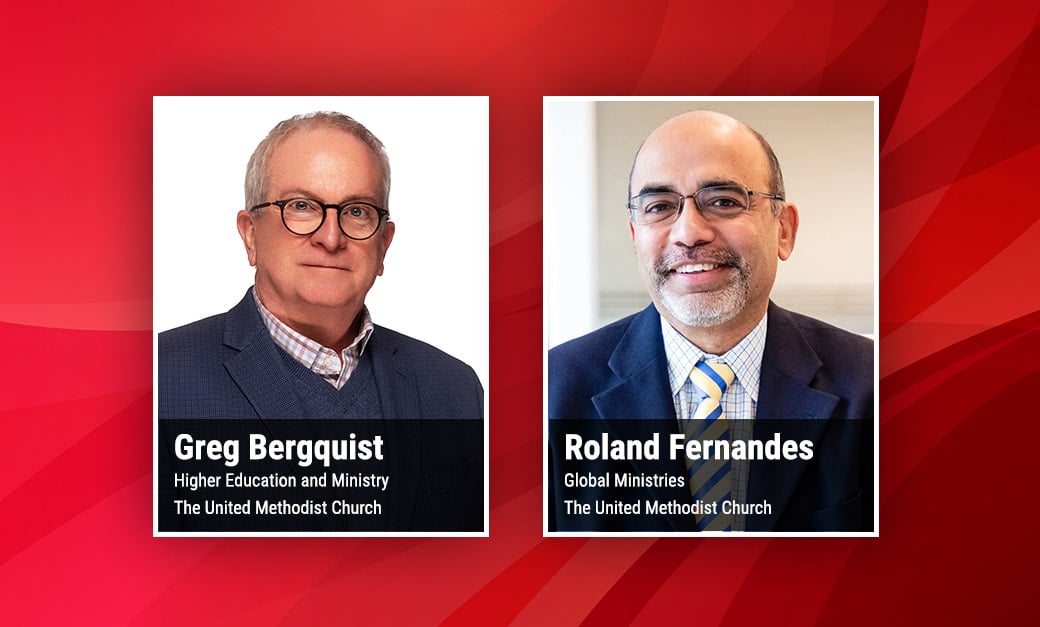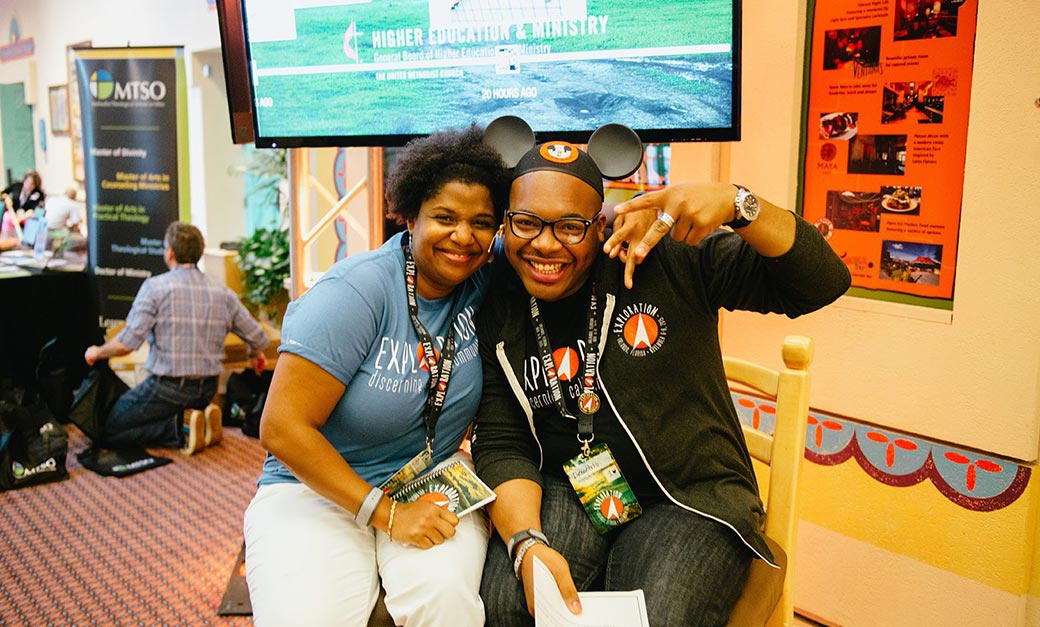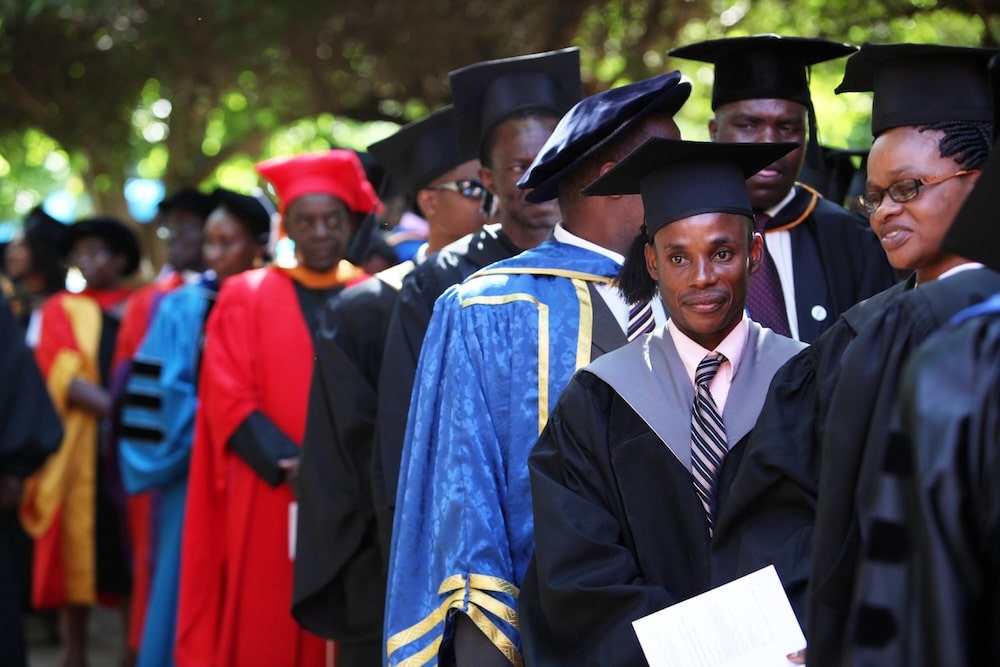Hybrid Doctoral Program Will Educate 13 Theology Students from Continental Africa

Thirteen students from across continental Africa will receive scholarships for a doctoral program offered by Africa University in Zimbabwe and Wesley House in Cambridge, England. The project will receive $100,000 this year from The United Methodist Church’s Central Conference Theological Education Fund (CCTEF). The partnership will enable African scholars of theology to address issues facing their churches and societies and build a pan-African network of Methodist doctoral supervisors and researchers.
The United Methodist Church (UMC) in 2016 approved $10 million for CCTEF from the denomination’s World Service Fund. The General Board of Higher Education and Ministry (GBHEM), the UMC’s leadership development agency, administers the grants.
The commission is awarding $2 million in grants this year to 96 theological education projects at United Methodist schools, Boards of Ordained Ministry and other closely related organizations in the Central Conferences. These regional bodies of the UMC are located outside the United States.
“The CCTEF awards are vital to the development of faithful and effective pastoral leaders from and for the Central Conferences,” says Rev. Shannon Conklin-Miller, assistant general secretary in GBHEM’s Division of Ordained Ministry. “The scholarships that the CCTEF provides makes theological education and leadership formation accessible to hundreds of pastors in the Central Conferences.”
Scholars in the Africa University/Cambridge doctoral program will be nominated by the UMC’s College of African Bishops. They will study in a hybrid program that will allow the scholars to pursue original research while remaining in their roles as theological educators or church leaders.
The students will spend two short periods in residence at Africa University each year and three months in Cambridge. They will receive regular supervision for their thesis preparation and access to online library resources. During this time, the students will engage in original, solution-oriented, contextually relevant research.
Among the other funded projects are an endowment fund for theological education; digital books for teachers and students at UMC theology schools in Africa; Exploration Africa, an event to help young adults consider how God has called them into ministry; literacy programs; personal computer competency training; Course of Study development; scholarships; field-education projects; an Academy for Spiritual Formation; educator enrichment; and chaplaincy training.
“The fund allows each educational institution and annual conference to identify and prioritize its needs for theological education, and makes available technical support for programs when desired,” Conklin-Miller says.
Find the complete list of funded projects here.
To learn more about CCTEF grants, contact the GBHEM Office of Marketing and Communications at communications@gbhem.org.
About GBHEM: As the leadership development agency of The United Methodist Church, the General Board of Higher Education and Ministry’s mission is to build capacity for United Methodist lay and clergy leaders to discover, claim and flourish in Christ’s calling in their lives, by creating connections and providing resources to aid in recruitment, education, professional development and spiritual formation. Every elder, deacon and licensed local pastor benefits from our training and candidacy programs. Many young adults find help in clarifying their vocation and God’s call in their lives through our leadership and discernment programs. Follow us on Twitter and Facebook: @GBHEM.
Related Posts
United Methodist mission and education agencies form new boards of directors. October 15, 2024 | by Elliott Wright NASHVILLE, Tenn. – The general boards of Higher Education and Ministry and Global Ministries affirmed their partnership in mission and ministry during a joint meeting of their boards of directors in Nashville...
Higher Education and Ministry and Global Ministries boards meet in Nashville for organization, orientation and connection. Bishop Sandra Steiner-Ball with Roland Fernandes. The bishop gave the sermon during opening worship for the joint GBHEM and GBGM meeting taking place October 14 - 17 in Nashville, Tenn. Photo: Adam Bowers...
Rev. MiRhang Baek, Virginia Annual Conference, The United Methodist Church, with spouse Rev. TaeWon Kang. Participating in the Clinical Pastoral Education (CPE) program at the General Board of Higher Education and Ministry’s Center for Integrative Pastoral Practice (CIPP) has profoundly transformed my self-awareness, personal growth and ministry as...
